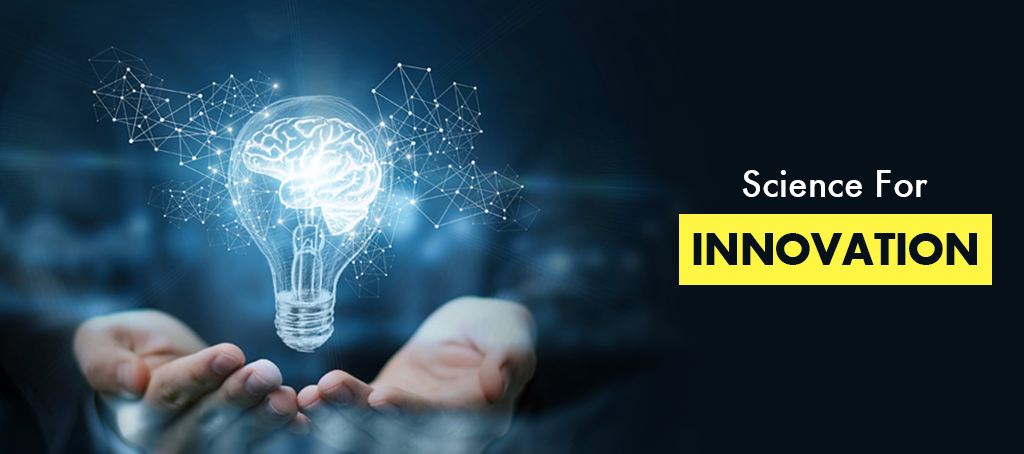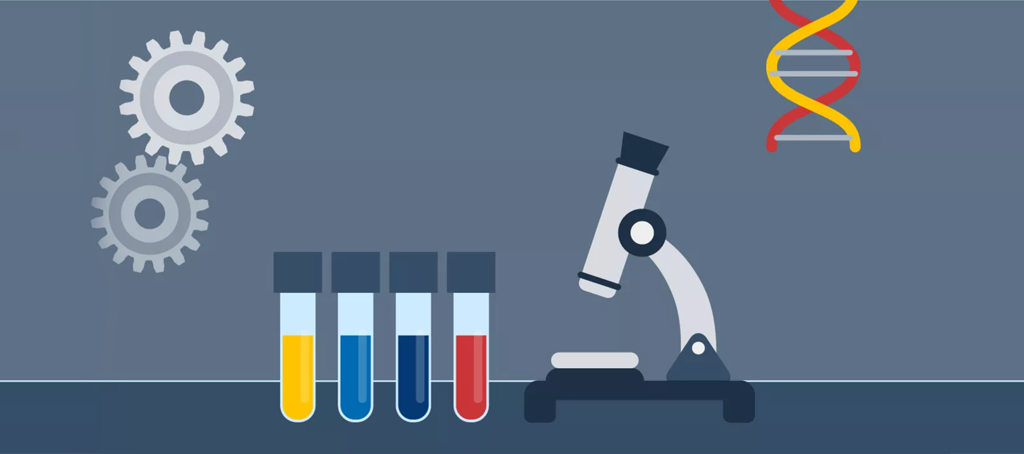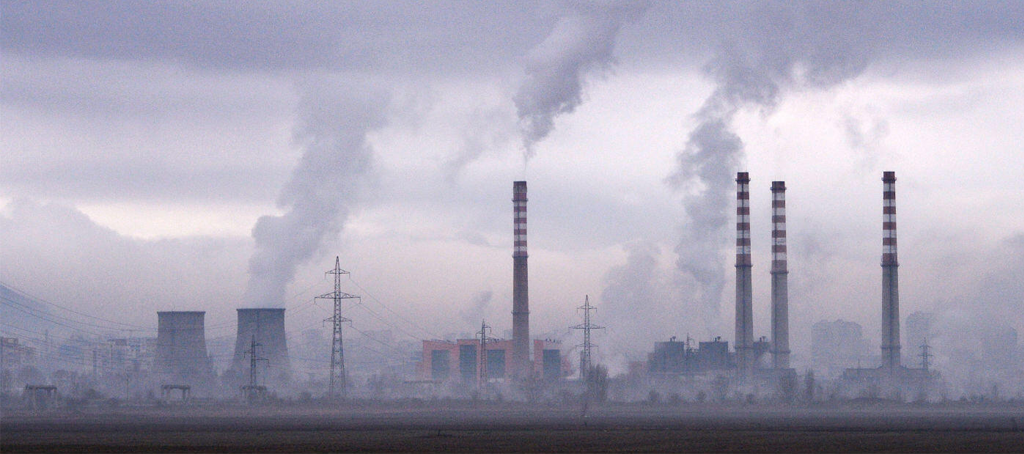
Science is the language of the inquisitive and curious. It offers us the tools and the courage to seek solutions to existing and potential problems, thus making our lives more comfortable and more productive. From what we eat to how we travel, science has its say on every micro and macro state of our lives. However, never has been the impact of science more evident than in the 21st century.

Science, Innovation, & Transformation: The SIT Cycle
Science drives innovation, which in turn fuels transformation. This SIT cycle is a must for growth and development, with science lying at the very core of each cycle. From the industrial revolution to the digital revolution, science has played a central role in man’s pursuit for transformation by backing innovation. In this pursuit of development, man’s disregard of the laws of nature has cost us more than we had imagined. Climate change, natural disasters, global warming, etc. are the results of rapid and mindless development. As such, science today has a more prominent role to play; to initiate and continuously contribute to progress while keeping the nature and its natural habitat intact.
Learn new and useful skills: Students learn new skills that are useful in their academic life and day-to-day activities. Students learn skills such as teamwork, better social skills, and critical thinking. Students who participate in extra-curricular activities are found to have better leadership skills and learn how to relate with their peers than those who don’t.
Science: The Solution to Humanity’s Challenges

Despite the advancement in technology and increasing economic interdependencies, a majority of the world population does not have access to clean drinking water, healthy food, proper shelter, etc. Fears of climate change and global warming are getting stronger with each passing year. One thing that is crystal clear is the fact that the solution must be a collective effort and cannot be the responsibility of a selected few.
The Need: A Change in Scientific Attitude
Traditionally scientific models were aimed at understanding certain specific behaviors and its subsequent use cases. But today, as we enjoy the luxury of knowledge and learning, it’s time to focus on the more significant problems, on the scientific models to innovate age-old systems. It is imperative to find overall solutions so that the negative implication on the environment, climate, water resources and human life itself is negligible.
The Importance of Institutions
The institutions play a crucial role in establishing all-inclusive scientific reasoning and methodology towards innovation and transformation. They act as a catalyst in creating and fostering a cognitive scientific mindset among the youth.
However, to genuinely accelerate scientific learning and innovation, one needs to put into place the right building blocks to create an ecosystem that supports free-spirited learning and questioning. These include:
- World class infrastructure
- Structured course
- Qualified and experienced faculty
- Encouraging to scientific research
- Laying a vision for the future
While the first four building blocks are quintessential elements to initiate scientific progress, it is the last elements that set institutions apart. Institutions must act as a bridge between science and society to enable and foster collaborative scientific living.
We believe curiosity and innovation go far beyond the lecture halls. Our institutional structure and conscious approach make us among the top 10 private universities in Rajasthan. Through our well-structured courses, we encourage discussion and debate to enhance skill development in the students. Acting as facilitators of a great career, our courses will challenge you, inspire you, and motivate you. Witness excellence in learning at Sangam University. For admission in School of Basic & Applied Science, Contact us now.